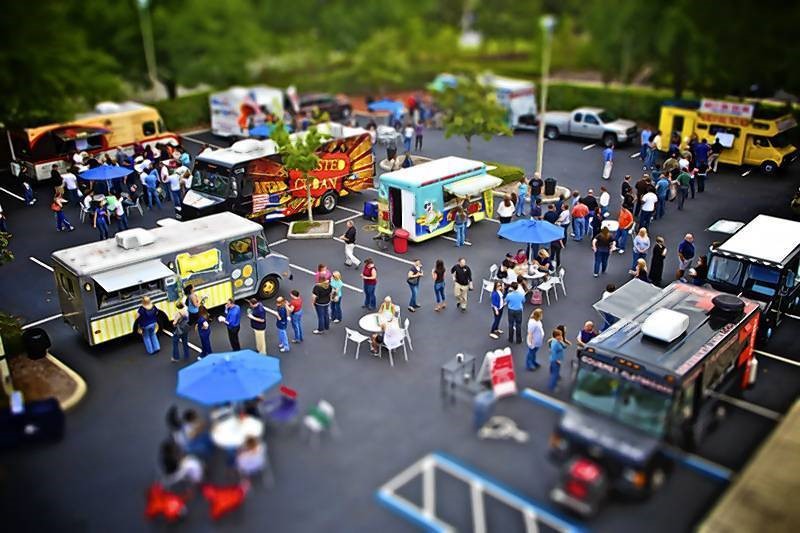What You’ll Need for The Food Truck Business
The food truck business is absolutely booming at the moment as more and more people are drawn to the freedom and creativity that being a food truck owner can bring. Of course, the boom also means that the industry is incredibly competitive. This means you can’t just buy a truck and start selling burgers out of it. Like any other business, being successful requires going into the venture with a sound plan and being fully prepared before opening your doors.
For those interested in opening up their own food truck, this potentially means investing up to $100,000 and going through no small amount of planning and paperwork long before you ever serve your first meal. While a food truck can definitely be a fun and possibly lucrative business, you’ll need to make sure that you have all of the following things in order.
The Truck Itself
The truck is obviously the biggest expense, and in most cases, you can expect to spend anywhere from $20,000 to $100,000 on the truck. Many times this doesn’t even count the expenses needed to retrofit it for cooking, which could easily be several thousand dollars more. As well, you’ll probably want to have the truck painted, wrapped, etc., which further adds to the expense.
Permits, Licenses and Insurance
It’s also necessary that your business and your truck are fully insured, and you’ll need to apply for whatever local permits and licenses are required to operate a food truck in your area. This is likely to add anywhere from several hundred to $1,000 or more to your start-up costs.
Logo and Menu Creation/Design
The best food trucks tend to be a bit gimmicky, having either funny names or creative menus. Name tags and even custom license plate frames are also a good way of drawing in customers. Of course, just serving fantastic food could be enough to make your business a success. Nonetheless, it is important that you put a bit of thought into your menu and also your overall brand.
Credit Card Payments
If you plan on accepting credit card payments, which you definitely should, you’ll also need to sign up with a payment processor and get the necessary equipment. Nowadays, you can do everything through your smart phone, but this means you’ll want to figure in the costs of a data plan.
Fuel and Energy Source (Generator, Propane, etc.)
When retrofitting your truck, you’ll need to consider how you’re actually going to power the kitchen. If you’ll require both gas and electricity, you’ll need to figure in the costs of propane and diesel fuel or other some other source to run your generator. If you live in a sunny area, you may even want to consider solar.
A Place for Prep Work
Most food trucks are generally too small to do all the prep work inside, which means you’ll also need to make sure you have a large enough space suitable for this task. Depending on local regulations, you may or may not be able to use the kitchen in your home for this task. If not, you’ll also need to factor in the costs of renting a prep kitchen.
Start-up Inventory (Food, Supplies, etc.)
Once everything else is set up and ready to go, the last thing you’ll need to do is purchase all of the food, supplies and other inventory you need. When buying plates, cups, napkins and other serving items, it is always best to buy in bulk as this will help ensure you don’t run immediately run out and is also much more cost-effective.
Conclusion
As you can see, starting a food truck definitely isn’t simple. To be successful, you’ll likely need to spend at least several months planning and preparing before you can open. Nonetheless, it will be well worth in the end, as making sure you are fully prepared will give you the best chances of getting off to a smooth start.

